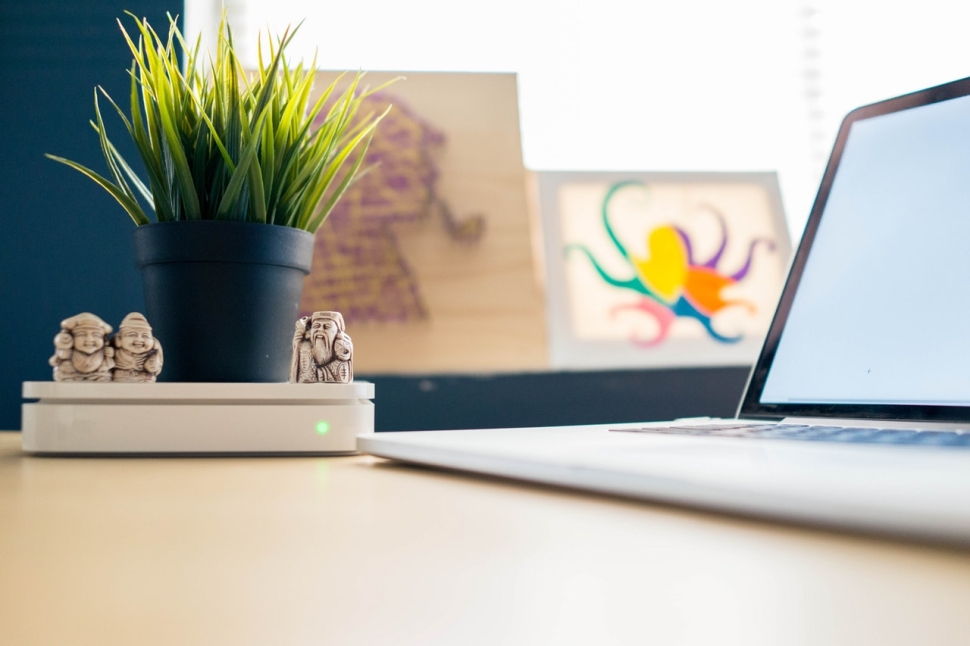Whether you’re new to owning plants, or you’ve always had a green thumb, there’s always something to learn about houseplants. There are many benefits to owning plants, including fresher air, a more inviting atmosphere, great feng shui, and of course, the beauty of nature.
Here are 5 tips for plant owners:
1) Buy smart
Pants are sold in many different places, from garden centres to grocery stores, to home centres. Stay away from pop-up plant stands that appear every spring. Usually the staff aren’t well-trained enough to give you good advice, and they haven’t watered the plants enough. A proper garden centre will be able to give you advice if you have problems with your plants later on, and can even give you helpful suggestions based on the type of plants you’re looking for.
2) Choose bigger plants
When you buy annuals, it’s fine to choose plants on the smaller size since they grow quickly. But when you’re buying perennials, it’s better to choose a plant on the bigger side. It can be tempting to choose the ones that come in the 4-inch pots if you’re new to gardening if you’re not sure you’ll be successful.
Unfortunately, the smaller your plants, the more they need to be babied. You’ll need to keep a careful eye to ensure they don’t get overpowered by weeds, ensure you don’t accidentally pull them out, and under-water them.
3) Water wisely
It’s important that you’re using the best quality water possible when watering your plants. Luckily, this is becoming a priority in more and more places- businesses are even treating wastewater in the mining industry to keep the water pure for future generations.
When watering plants, it’s important not to overwater. If you plant them in the spring, you can usually water around once a week. As the weather warms up, they’ll need more water.
4) Don’t forget to deadhead
Deadheading is when you cut off faded blooms. This means that the plant is encouraged to produce more flowers. If you have a plant that has way too many stems and tiny flowers to spend time picking off individual heads, grab some shears and cut it back to around one-third of its size. It won’t look great for a week or two, but you’ll then be rewarded with some beautiful new blooms.
5) Feed often
If you’re growing your plants in containers, you’ll need to fertilize more often than if they’re in the ground. Watering flushes nutrients out your soil, so use a water or liquid-soluble fertilizer every few weeks. Another option is to get a time-release fertilizer when you’re planting. That will mean that they have plenty of nutrients surrounding them in the soil.
